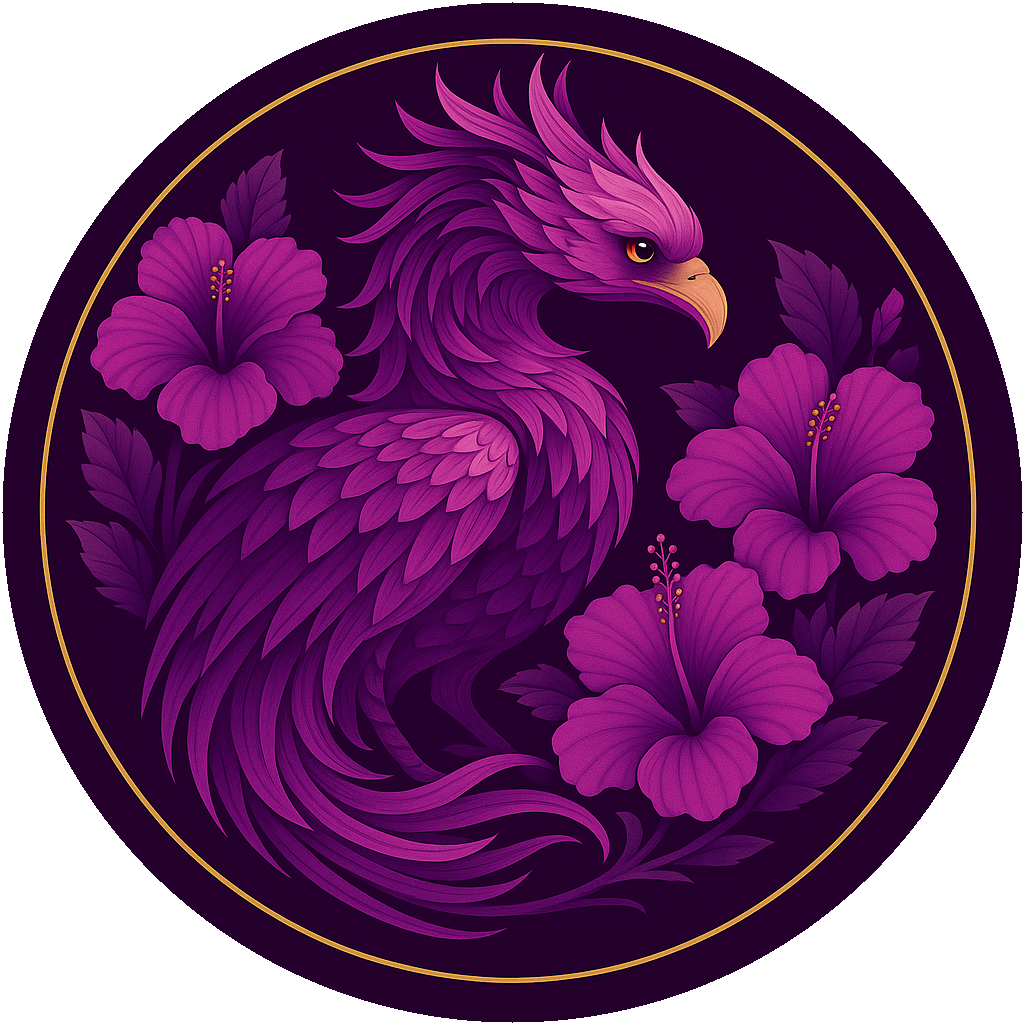Mastery Discussion: Connecting Strategy, Goals and Measurement
This course has been instrumental in helping me connect strategic thinking with actionable digital marketing outcomes. Through studying the Overall Goals and Objectives and Marketing Goals and Objectives sections of the Digital Marketing Plan (DMP) template, I have learned how to align business goals with measurable marketing outcomes that directly support an organization’s mission. This process not only aligns goals but also transforms abstract goals, such as “increasing brand visibility” or “growing engagement,” into quantifiable results tied to key performance indicators, including conversion rates, audience reach, and customer retention, bringing a new level of clarity and precision to the marketing process.
For my Digital Marketing Certification program, I selected Lulu’s Chocolate Bar in Savannah, Georgia, to develop certain parts of the Digital Marketing Plan. This locally owned dessert and cocktail lounge provides an excellent example of how a small business can leverage digital marketing to build brand awareness, attract both tourists and residents, and increase customer loyalty. Applying course concepts to Lulu’s marketing objectives has been a practical and enlightening experience, showing me how essential it is to connect analytics and storytelling to strengthen overall brand positioning.
One of the most valuable aspects of this course has been learning how to use analytics and optimization frameworks to support evaluation, control, and continuous improvement. I can better identify what drives performance and where adjustments are needed by incorporating tools such as Google Analytics and platform-specific dashboards. Learning this not only ensures that digital campaigns remain efficient and relevant but also underscores the importance of agile decision-making in aligning with evolving market dynamics.
In developing my case student’s digital marketing strategy, these lessons have helped me focus on goal alignment, clarity in messaging, and data-backed execution. For example, rather than approaching marketing channels as separate entities, I now view them as interconnected components of a larger ecosystem, each contributing to overarching business and marketing goals. This holistic approach not only helps establish a sustainable strategy but also emphasizes the unity and synergy in our marketing efforts, built on measurable progress and adaptability.
Looking ahead, I want to deepen my understanding of attribution modeling and conversion optimization. These areas are essential for refining the evaluation and continuous improvement phase of a digital marketing plan and ensuring that insights translate into strategic action. Overall, this course has strengthened my ability to think both creatively and analytically, which are vital skills for any successful digital marketer.
